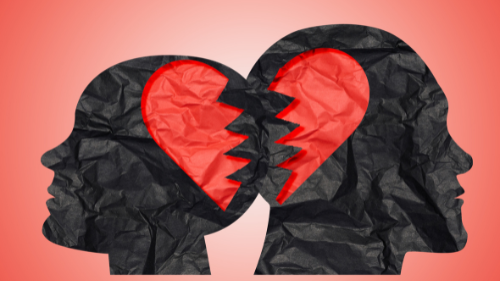Micro-Betrayals: Small Wounds That Accumulate into Deep Grief
Not all emotional wounds are obvious, and not all grief comes with a
goodbye. Sometimes, what hurts the most are the small actions that go unnoticed
but repeat over time. The averted glances, the passive-aggressive remarks, the
omissions, the constant comparisons. These are micro-betrayals:
subtle behaviors that erode emotional trust in a relationship— whether
romantic, friendly, or familial. And though they may seem insignificant, they
leave marks that can last for years.
The problem with micro-betrayals is that they’re often left unnamed.
They’re minimized, justified, or even normalized. But the body records them.
The mind stores them. And little by little, that accumulation of unresolved
wounds becomes an invisible grief— the grief of feeling alone while in company,
or unseen where there should be protection.
It’s not an overreaction—
it’s the accumulation that hurts
Some people feel guilty for being hurt by what seems like “a minor
detail.” But what causes the damage isn’t one isolated gesture— it’s the
repeated pattern. A message left unanswered, a decision made without consulting
you, a joke that belittles, a promise broken. These are emotional cracks that,
though small, can eventually shatter the structure of a bond.
What makes it even harder is that the person committing these
micro-betrayals may not realize their impact. And the one receiving them often
stays silent to avoid conflict. This creates a cycle of silence, resentment,
and emotional disconnection that deeply affects self-esteem, emotional safety,
and the ability to trust.
Recognizing them means
healing unspoken grief
Identifying that you’ve experienced micro-betrayals is the first
step to stop minimizing your pain. It’s not about assigning blame, but about
recognizing how these experiences have shaped your relationships, your ability
to set boundaries, and your emotional expectations.
In therapy, many people discover that their deepest wounds didn’t
come from major betrayals, but from a thousand small ignored ones. And only
when they dare to speak about them can healing begin. Because behind each
micro-betrayal is an emotion that needs space: sadness, frustration, anger,
disappointment.
You have the right to relationships that don’t hurt you in silence.
To bonds where you are seen with respect, not with indifference. To stop
justifying behaviors that hurt simply because “they’re not that bad.”



